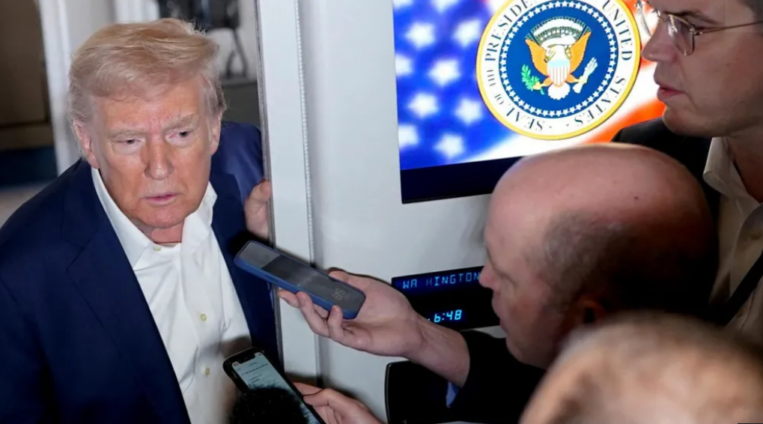
In a notice issued by U.S. Customs and Border Protection, the agency confirmed that several electronic goods—most notably smartphones and semiconductors—will now be excluded from the 10% global tariff imposed by former President Donald Trump, as well as the steep China-specific import duties.
This marks the first major relief from Trump-era tariffs on Chinese goods, with some trade analysts calling it a “game-changing scenario.” The move follows increasing pressure from U.S. tech giants warning that production costs—and ultimately consumer prices—could surge due to the tariffs, as much of their manufacturing is based in China.
While en route to Miami on Saturday, Trump told reporters he would share more details on the exemptions early next week. The tariff exclusions, retroactively effective from April 5, also cover a range of other electronics and components, such as memory cards, solar cells, and integrated chips.
“This is a dream scenario for tech investors,” said Dan Ives, Global Head of Technology Research at Wedbush Securities, on X. “Excluding smartphones and chips from China tariffs is a complete game-changer.”
Major tech firms like Apple, Nvidia, and Microsoft are among those benefiting from the announcement. The White House stated the exemptions are designed to give companies additional time to shift manufacturing to the United States.
“President Trump has made it clear that America must not depend on China for critical technologies like smartphones, laptops, and semiconductors,” said White House Press Secretary Karoline Leavitt. “Under his direction, companies are accelerating their efforts to relocate production to the U.S.”
Despite these exemptions, some electronic items will still face the existing 20% tariff related to fentanyl-linked Chinese imports, according to White House Deputy Chief of Staff for Policy, Stephen Miller.
Analysts estimated iPhone prices could have tripled had the tariffs remained, with approximately 80% of iPhones for U.S. markets currently made in China. Apple, like rival Samsung, has been gradually shifting production to countries like India and Vietnam to reduce its dependency on China. Reports indicate that Apple has recently ramped up iPhone manufacturing in India to mitigate potential disruptions.
Trump had initially planned sweeping global tariffs to take effect this week. However, on Wednesday, he announced a 90-day delay for all countries—except China, which will now face a raised 145% import duty in response to its retaliatory 84% tariff on U.S. goods.
Countries that did not impose retaliatory tariffs will benefit from the pause, during which they will only be subject to a standard 10% tariff until July. The White House framed this as a strategic negotiation move to secure more favorable trade deals.
Trump defended the tariffs as a necessary tool to fix imbalances in the global trade system and to encourage domestic job growth and manufacturing.
“The U.S. is making a lot of money from these tariffs,” Trump said aboard Air Force One. “And we’ll be very specific. But we’re bringing factories and jobs back.”
Apple remains a dominant player in the U.S. smartphone market, accounting for over half of all sales last year, according to Counterpoint Research.


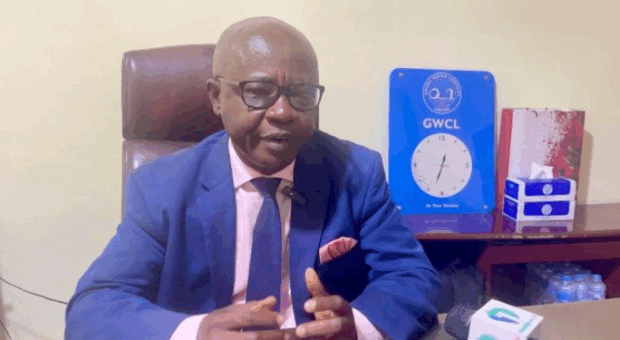





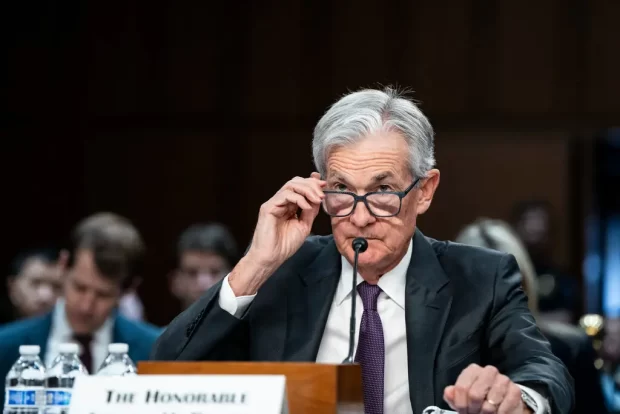
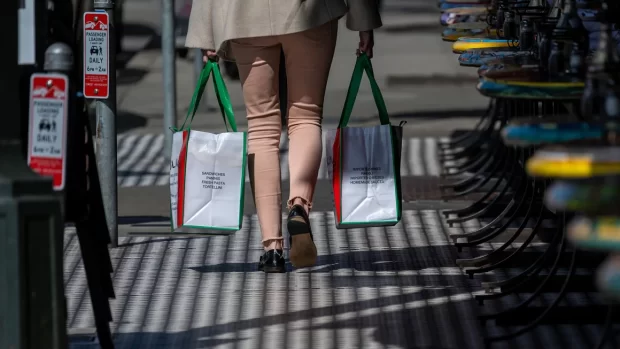
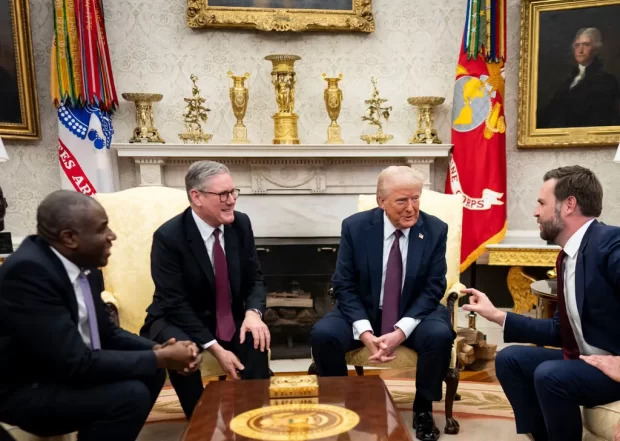



Be the first to leave a comment